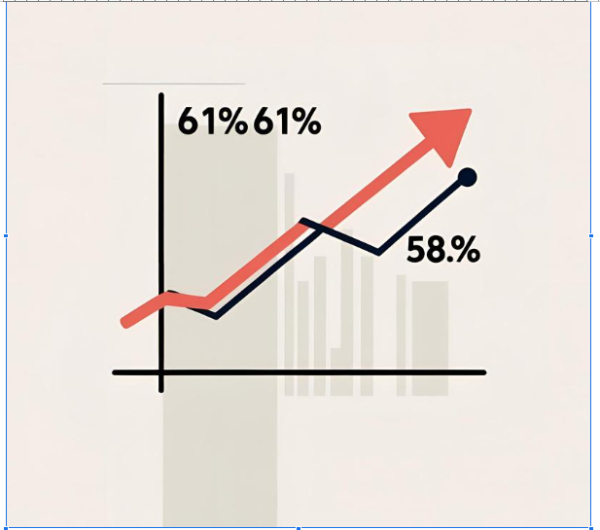Are you an overachiever?
May 23, 2022
There are many factors which drive individuals to reaching their goals. Many are motivated by self-mastery, approval, competitive desire, or helping others. In regards to overachievers and how they function, most of these individuals are compelled to achieve based on fear. Overachievers are “more focused on reaching the finish line than they are on the actual end product” (Kendra Cherry). They are focused on a deadline rather than continual self growth. Going the extra mile, these people have extensive thoughts on what they need to accomplish instead of beneficial ways regarding how they perform.
One sign that is a determining element of an overachiever is what they measure themselves by. People who “judge their own worth purely based upon successes” are labeled as overachievers (Cherry). This form of measurement and thought can be harmful to these students because they may feel added expectation from teachers on their performance level in homework, projects, presentations, or any form of school assignment.
A consequence that many overachievers would agree to participate in is procrastination. The originating component as to why these people delay doing their homework or projects is “due to their idea of perfectionism” (KD Holmes). When something doesn’t turn out exactly how one expected, overachievers feel a greater amount of insecurity within themselves.
When considering the mental health of overachievers, these go-getters are more likely to struggle with anxiety and diffidence tied to a lack of self confidence. One major source of stress is the idea that one has to “constantly striv[e] to reach an almost impossible goal coupled with the ever-present fear of failure” (Cherry). In reality, everyone has some sort of flaw whether it be their inability to focus, their narcissistic tendencies, their overly kind nature, or their short temper. It is important for these unsatisfied people to take a step back and list out steps they need to take in order to reach their goals, while maintaining a high performance level. Overwhelming oneself with an unfeasible goal will result in greater amounts of stress and in some cases depression. Senior, Genesis Villegas, mentions “When I have moments of anxiety due to overwhelming stress, I try to take a break and calm myself down. I usually listen to music, play on my guitar, or watch a quick show to just have some alone time that doesn’t involve too much brain power. It relaxes me and allows me to refocus.” It is important to analyze mental well being in order to stay healthy.
When pondering on personal habits that seem relatable to this article, take a moment to review mental health and the ways to be most effective in society based on the skills and talents one obtains. Instead of overthinking a project or assignment, one should focus on achieving based on what they can handle to the best of their ability.














































